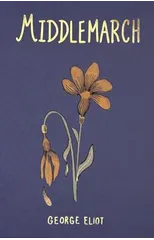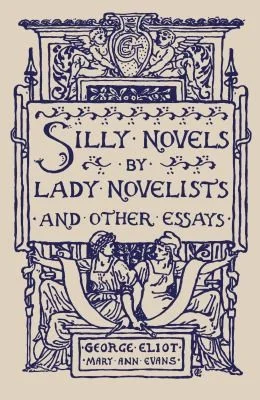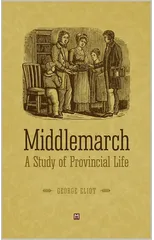'We must lay upon her grave whatever we have it in our power to bestow of laurel and rose, ' Virginia Woolf wrote of George Eliot in 1919, appraising the author's work. Eliot's magnum opus deals with issues of morality, love, idealism and political upsurge within the realistic setting of a nineteenth-century English town. It is a slow, gripping burn which grasps the reader's attention through its mundanity. Broken marriages, political agendas, failures and changing fortunes within a closely knit community are what this text offers, while simultaneously relating to a world of reachable possibilities. Having stood the test of time, Middlemarch has been passed through generations beyond the spatial and temporal boundaries to be known as one of the most nuanced texts in the history of English Literature.
George Eliot
George Eliot was the pen name of Mary Ann Evans, a prominent Victorian-era novelist known for her insightful and complex characterizations. Her most notable works include "Middlemarch," considered one of the greatest novels in the English language, and "Silas Marner," a poignant tale of redemption and community. Eliot's literary style is characterized by its psychological depth, moral complexity, and social commentary. She was a pioneer in the realist tradition, exploring themes of morality, religion, and human relationships in her writing. Eliot's contributions to literature include challenging traditional gender roles and societal norms, as well as expanding the scope and depth of the novel as an art form. Her work continues to be celebrated for its profound insights into the human condition and its enduring relevance in contemporary society.












